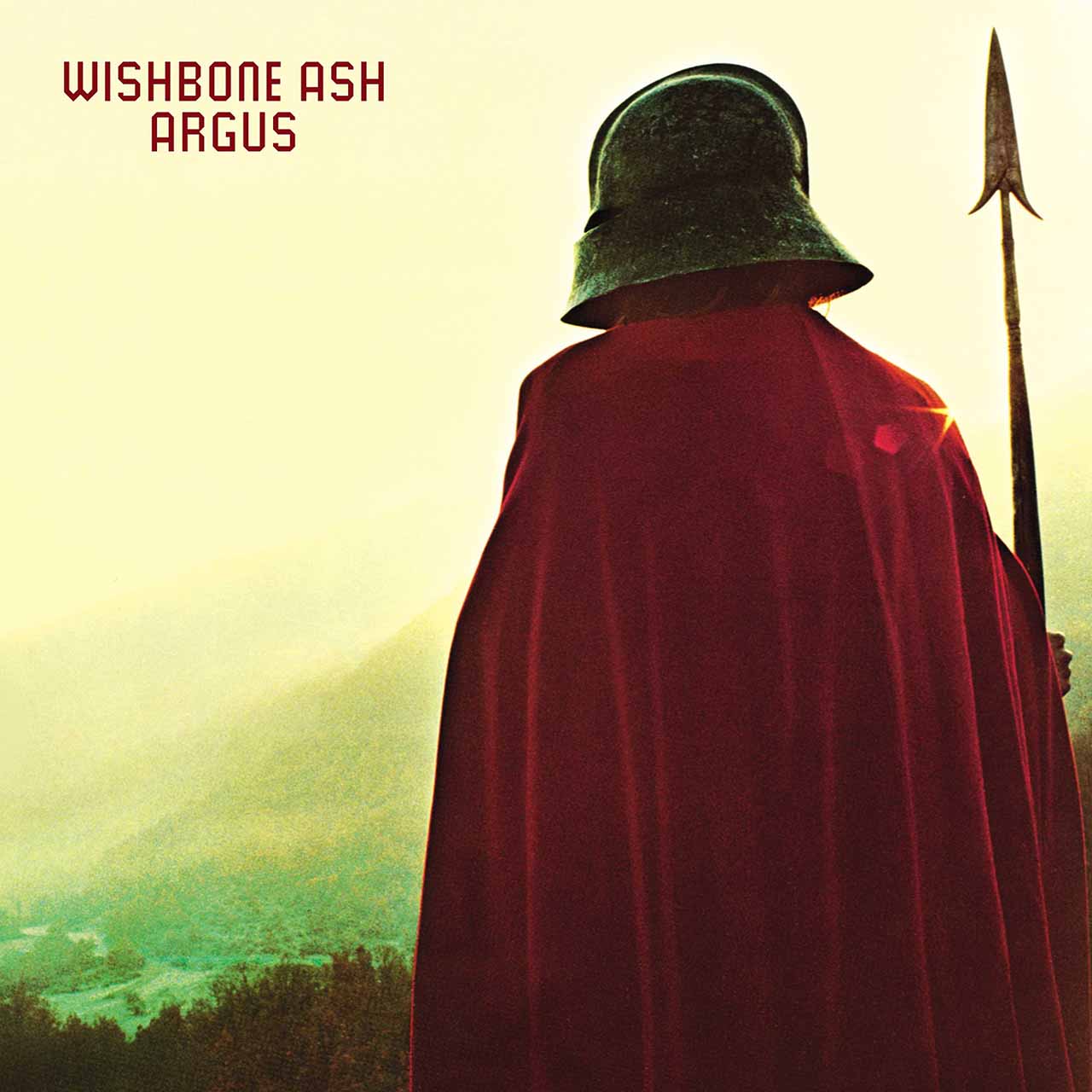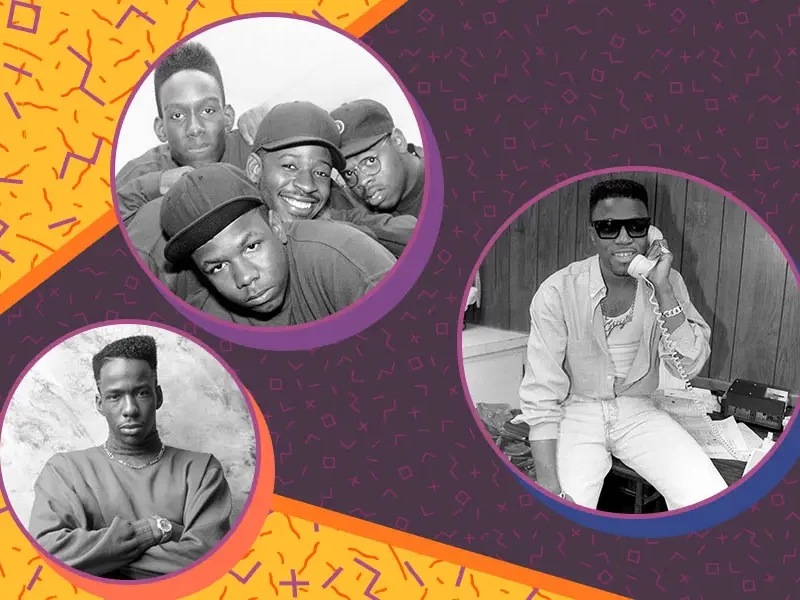If you’ve never heard Wishbone Ash’s classic album Argus, you’ve surely heard music that it inspired. The British quartet’s trademark harmony guitars became a touchstone for many: Thin Lizzy, Iron Maiden, Opeth, and Lynyrd Skynyrd have all acknowledged an Ash influence, and tracks like Lizzy’s “The Boys Are Back in Town,” Maiden’s “The Trooper,” and even Steely Dan’s “Reeling in the Years” all have twin-guitar moments that hark back to Argus.
Listen to Wishbone Ash’s Argus here.
But Wishbone Ash were different from the start. They were never strictly a hard rock band; their soaring vocal harmonies and musical grandeur placed them close to progressive rock. But they weren’t strictly prog either: They had no keyboards, no real classical influence and weren’t into side-long suites. Their roots were in the blues, and their calling card was twin lead guitars in harmony (played in the original lineup by Ted Turner and Andy Powell). Even the hardest Ash rockers – like “Blowin’ Free,” the most famous track from Argus – had an ethereal touch. They could rock the big stages, but they did it with subtlety and grace.
This is reflected perfectly in the classic album sleeve by prog-associated designers Hipgnosis: The front cover shows a Greek sentry – the “argus” of the title – staring off into the distance. It’s a mythic, old-world kind of image until you look closely at the back cover, and see that he’s heralding the arrival (or perhaps watching the departure) of a spaceship. Two worlds colliding. Exactly what the band and album were all about.
By the time of Argus, Wishbone Ash were stars in England and cult heroes among Anglophiles in the US. What made Argus a step forward was its flow of moods. The songs don’t run together, but there’s an emotional connecting thread from the album’s somber beginning to its heroic end. Interestingly, the band insisted at the time that lyrics were something of an afterthought: Shortly after its release, main lyricist Martin Turner told New Musical Express that he wrote them mainly to fit the mood of the music: “The music that was coming out was very English, very medieval, and the lyrics had to reflect that.” Added Powell at the time, “The expression comes out in the guitars. We wouldn’t play it if it didn’t express something.”
The album feels divided between its sides. On the first, the lyrics are direct and emotional. It feels very much like a breakup album. “Time Was” opens things with a three-minute acoustic prelude, and its lyrics (“I’ve got to rearrange my world, I miss you, I need you”) are as straightforward as it gets. Even when the nine-minute track revs up – with Powell and Ted Turner both taking fiery solos between harmony parts – it evokes the tangled emotions that might follow a breakup. The reflective mood continues with “Sometime World” before “Blowin’ Free” kicks in with its indelible opening riff. Here again, the mood is a bit wistful: Martin Turner has said that he wrote the lyrics about a long-ago summer romance.
Things get epic on side two, which is all about mythic battles and heroic tales. But here again, the Ash lightness is ever-present: “The King Will Come” charges out with a majestic riff, but also sports a lovely, folkish tune. The lyrics are kept non-specific, as was likely the point: You can read them as steeped in Arthurian legend or even in Christian sentiment – either makes sense and suits the majesty of the music. Drummer Steve Upton contributes the peaceful interlude “Leaf & Stream,” and then you get the dramatic moment that the whole album builds towards, the segue of “Warrior” and “Throw Down the Sword.”
The chorus of “Warrior” is the big fist-waving moment; it’s the part you’re guaranteed to come away singing after you first hear the album. And it works so well because they take their time building up to it. The guitars tease it a few times, but you don’t actually get the chorus until you’re four minutes into a six-minute track. “Sword” is the only track to feature a guest keyboardist, Renaissance member John Tout, but he’s far back in the mix. It gives the album a resolution and a final big-guitar moment: Turner and Powell’s parts circle around each other until they finally lock into that triumphant final riff.
Wishbone Ash’s Argus proved a roaring success in the UK; it hit the Top Five and the music mag Sounds named it the best album of 1972 against heavy competition. In the US, meanwhile, it only hit #130. Either way, the album closed a chapter for Wishbone Ash, who were a little unsure what to do for an encore. There’d be just one more studio album with the original lineup (until an 80s reunion): Wishbone Four, another big seller in the UK. The departure of Ted Turner (replaced by Laurie Wisefield) would begin a string of personnel changes that eventually found them joined by the likes of John Wetton (Asia/King Crimson) and former Spider from Mars Trevor Bolder. They also shifted their base to the US and worked on later 70s albums with producers Ron & Howard Albert (Eric Clapton/Bee Gees), Tom Dowd (Allman Brothers), and Bill Szymczyk (James Gang/Eagles).
Nonetheless, the good rocking has continued, with now-US resident Andy Powell leading the modern-day Ash, while Martin Turner maintains a solo band in the UK. Both factions separately celebrated the 50th anniversary of Argus by playing the album on tour, giving those kings and warriors one more moment of glory.
Listen to Wishbone Ash’s Argus here.



